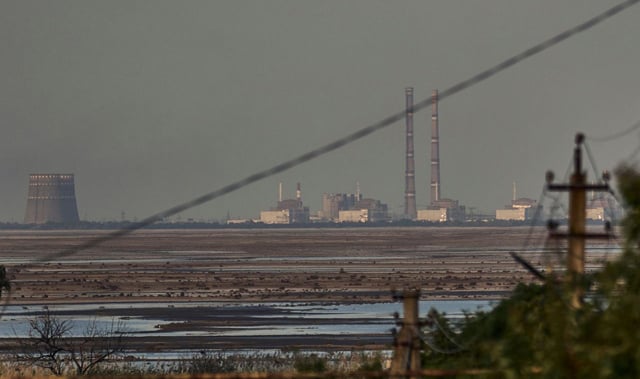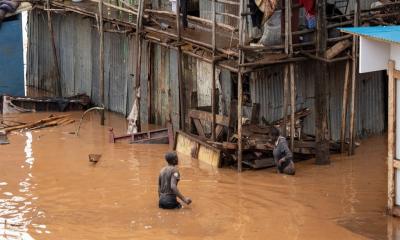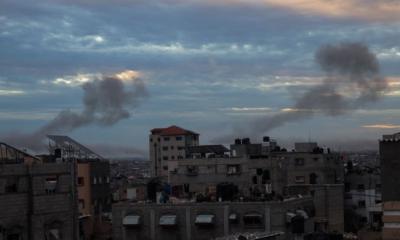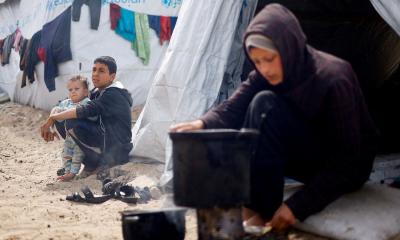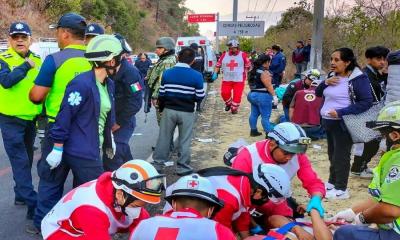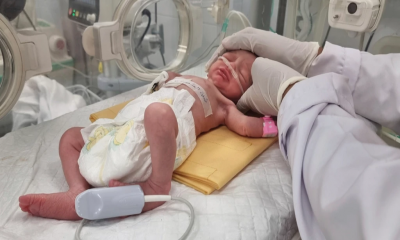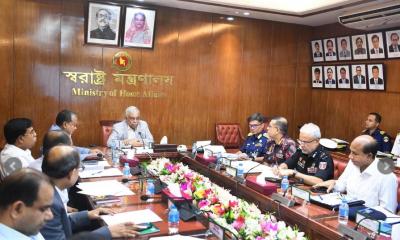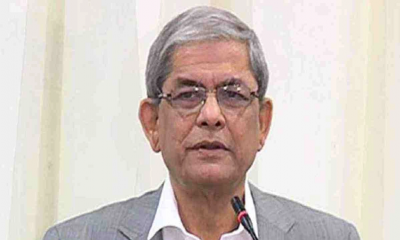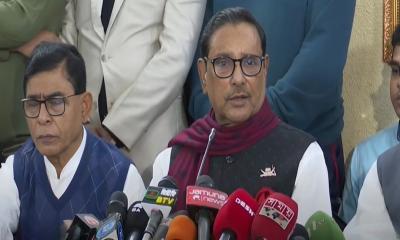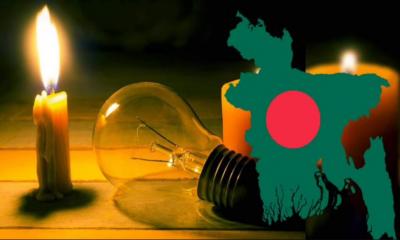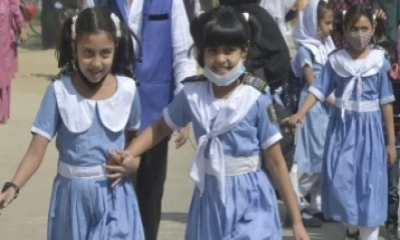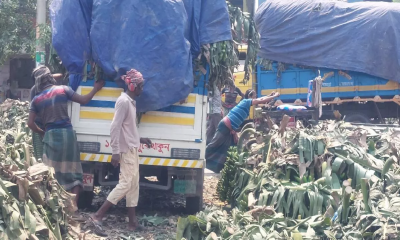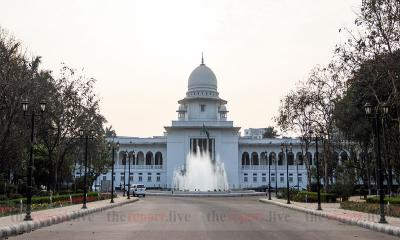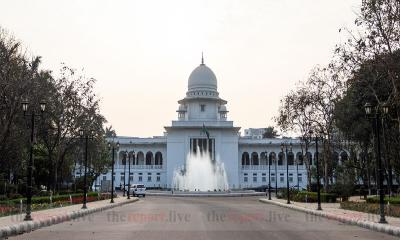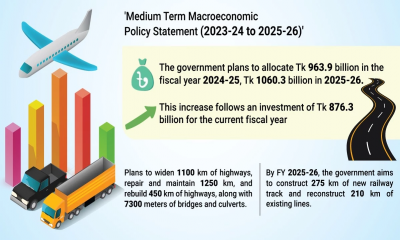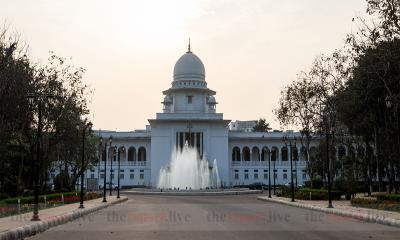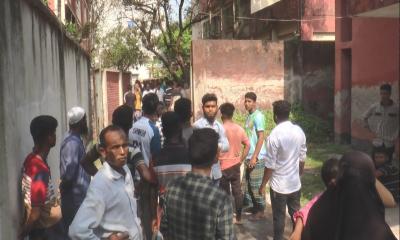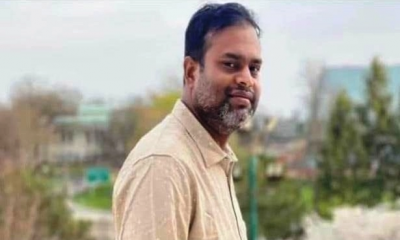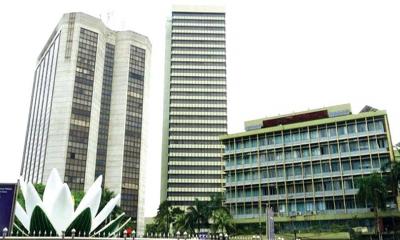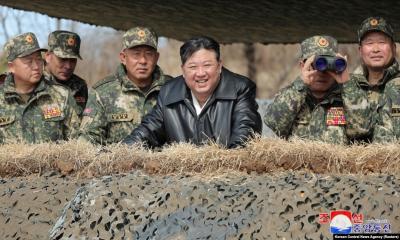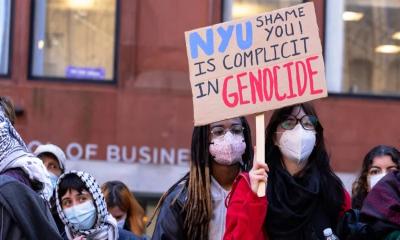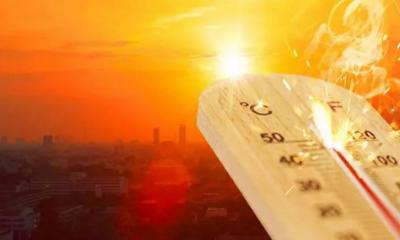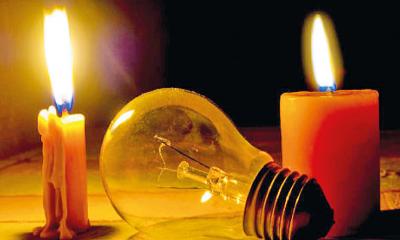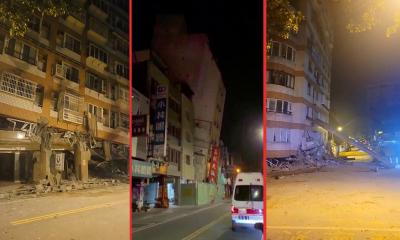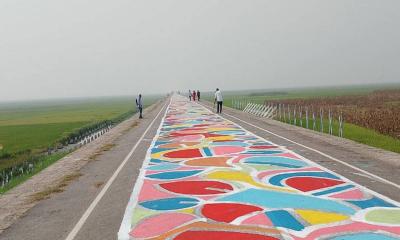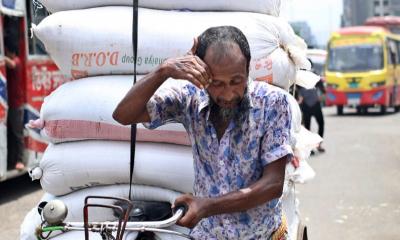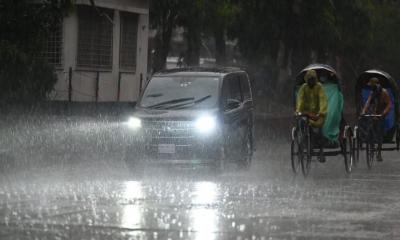Recent attacks on the Zaporozhye nuclear power plant are violating one of the principles that were agreed to reduce risks for the plant`s safety, International Atomic Energy Agency Director General Rafael Grossi said at a UN Security Council meeting.
"Over the past 10 days the first of these principles has been violated repeatedly in what marks a step change, increase in risk to nuclear safety and security at the plant," he said.
Grossi reminded the Security Council that last year he outlined the principles of ensuring safety at the ZNPP to avert the danger of a nuclear incident and called on Russian and Ukraine to observe them. He said UN Security Council members and Ukraine "clearly supported" these principles.
In May 2023 Grossi proposed that the UNSC support five principles of ensuring safety at the ZNPP: there should be no attack of any kind from or against the plant; the ZNPP should not be used for the storage of, or as a base for heavy weapons or military personnel that could be used for an attack from the plant; offsite power to the plant should not be put at risk; all structures and systems essential to the safe operation of the ZNPP should be protected from attacks or acts of sabotage; no action should be taken that undermines these principles.
A nuclear accident could still happen at the ZNPP, even with all its reactors now being in a cold shutdown, added Grossi.
"Even though the plant`s six reactors are now in cold shutdown, with the final unit shifting into that status two days ago following the IAEA`s recommendation, the potential dangers of a major nuclear accident remain very real," he said.
"We are getting dangerously close to a nuclear accident. We must not allow complacency to let a roll of the dice to decide what happens tomorrow. We must do everything in our power today to minimize the risk of an accident," the IAEA chief warned.


